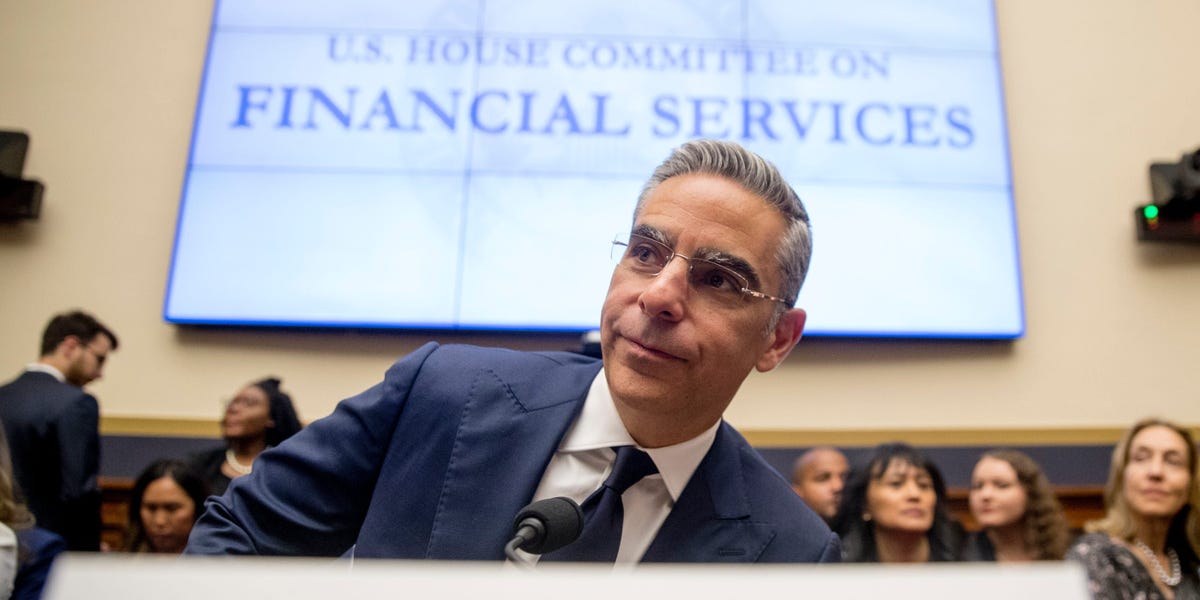Introduction
In a striking revelation, David Marcus, the former executive leading Meta’s ill-fated cryptocurrency initiative, Libra, has attributed the project’s demise to political intervention. As the crypto landscape continues to evolve, Marcus reveals that what started as a revolutionary idea to provide financial services to the unbanked was systematically dismantled by regulatory pressures, indicating a significant intersection between technology and governance.
The Rise and Fall of Libra
Announced in 2019, Libra aimed to become a stablecoin that could help billions of people without bank access. Supported by a nonprofit foundation, it garnered the participation of major corporations such as Mastercard and PayPal. However, within months, the project faced intense scrutiny from lawmakers and regulators worldwide, resulting in numerous high-profile withdrawals from the initiative.
Regulatory Pushback
Marcus’s comments draw attention to a crucial meeting involving Treasury Secretary Janet Yellen and Federal Reserve Chair Jerome Powell, wherein the potential ramifications of allowing Libra to proceed were deemed “political suicide.” Marcus suggested that this adversarial climate crushed what could have been a transformative financial tool, reflecting the deep-seated apprehensions of established financial institutions about the implications of privately-controlled currencies.
The Aftermath: Selling Diem
By early 2022, the endeavor was largely regarded as untenable, leading the Diem Association to sell its assets to crypto-focused bank Silvergate for $182 million. This sale marked the end of a project that had symbolized the ambitious vision of leveraging technology to reshape global finance, now perceived as a cautionary tale of how swiftly ambitions can be thwarted by the machinery of political oversight.
The Underlying Tensions
Marcus underscores a broader conflict between innovation and regulation, asserting that the motivations behind the shutdown were rooted in a fear of unbounded corporate influence over currencies. The concerns expressed by lawmakers at the time reflected a profound wariness of a tech giant controlling a financial instrument that could challenge the stature of sovereign currencies like the U.S. dollar.
Future Directions
Despite the setback, Marcus’s resolve persists. He has launched a payments startup, Lightspark, aiming to navigate the complex landscape of digital finance without the same pitfalls that beset Libra. As the dialogue surrounding cryptocurrency intensifies, his insights into the regulatory journey of Libra may be invaluable for future ventures in the rapidly evolving financial arena.
Key Takeaways
- David Marcus claims Meta’s Libra project failed due to political pressures from regulators.
- The regulatory scrutiny led to major corporate partners withdrawing support.
- Ultimately, the Diem Association was forced to sell its assets, marking the end of the ambitious stablecoin initiative.
- The case highlights the ongoing struggle between technological advancement and regulatory frameworks.
- Marcus has pivoted to a new venture, Lightspark, in hopes of avoiding previous mistakes in the crypto space.

